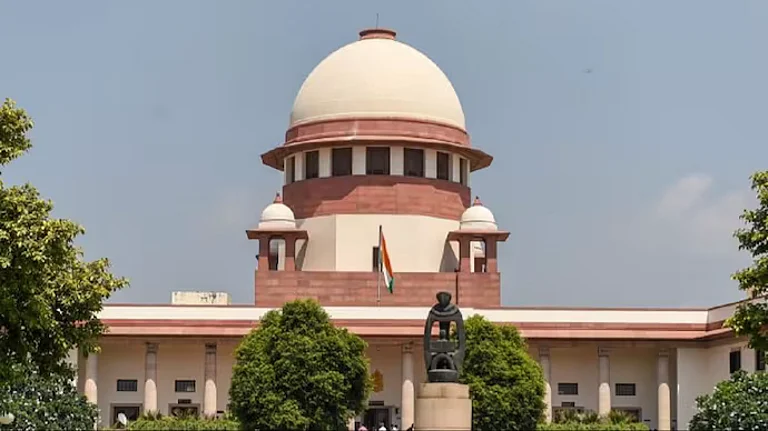The Supreme Court on Monday sought response of the Gujarat government on the bail plea of retired IAS officer Pradeep Sharma in a case of alleged illegal allotment of government land for monetary benefits during his tenure as the collector of Kutch district.
A bench of Justices Abhay S Oka and Ujjal Bhuyan issued notice to the Gujarat government and sought its response in four weeks.
Senior advocate Devadatt Kamat, appearing for Sharma, said, "I am the usual weeping boy of the state, who is seeking relief in the matter."
The bench said, "Alright, we are issuing the notice."
Sharma has challenged the March 20 order of the Gujarat High Court rejecting his bail plea in the case.
The high court had observed that it was not inclined to favour the applicant-accused (Sharma) given the fact that there have been several FIRs registered against him in similar offences "while sitting over the highest post of the government".
The FIR was lodged against Sharma by state CID Crime in Kutch under relevant sections of the Indian Penal Code (IPC) for criminal breach of trust, disobedience by a public servant in following the direction of law, criminal conspiracy, and sections of the Prevention of Corruption Act.
Sharma is in judicial custody in connection with the land allotment case which was filed by CID Crime at Bhuj in Kutch district in September last year.
It was alleged that Sharma, as collector of Kutch district between May 2003 and June 2006, committed illegalities while granting non-agriculture permission for a parcel of land in Bhuj city in connivance with co-accused to get undue monetary benefits.
In the FIR, Sharma was accused of having performed his duties dishonestly and allotting government land to the co-accused at a price lower than its actual value by making illegal conversion of the land from non-agricultural to residential, thereby causing a loss of crores of rupees to the state exchequer.
Pradeep Sharma and his brother, retired IPS officer Kuldeep Sharma, were at loggerheads with the BJP government in the state when they held bureaucratic posts.


























